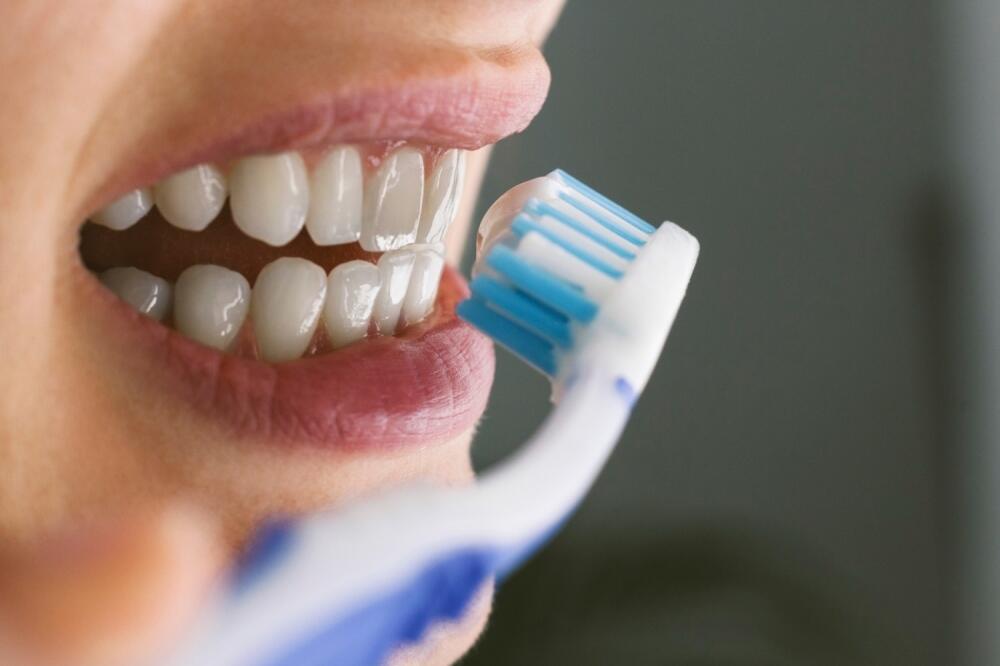A healthy smile now has far more effects on our health than we have imagined. A new study conducted by the University of Louisville, scientists have discovered that oral bacteria is linked to the risk of stroke.
In a study of patients entering the hospital for acute stroke, researchers have increased their understanding of an association between certain types of stroke and the presence of the oral bacteria (cnm-positive Streptococcus mutans). Robert P. Friedland, M.D., the Mason C. and Mary D. Rudd Endowed Chair and Professor in Neurology at the University Of Louisville School Of Medicine, was a co-author of the study, published online this month in Scientific Reports, a journal of the Nature Publishing Group.
In the single hospital study, researchers at the National Cerebral and Cardiovascular Centre in Osaka, Japan, observed stroke patients to gain a better understanding of the relationship between haemorrhagic stroke and oral bacteria. Among the patients who experienced intracerebral haemorrhage (ICH), 26 percent were found to have a specific bacterium in their saliva, cnm-positive S. mutants. Among patients with other types of stroke, only 6 percent tested positive for the bacterium.
Strokes are characterized as either ischemic strokes, which involve a blockage of one or more blood vessels supplying the brain, or haemorrhagic strokes, in which blood vessels in the brain rupture, causing bleeding.
The researchers also evaluated MRIs of study subjects for the presence of cerebral micro bleeds (CMB), small brain haemorrhages which may cause dementia and also often underlie ICH. They found that the number of CMBs was significantly higher in subjects with cnm-positive S. mutans than in those without.
The authors hypothesize that the S. mutans bacteria may bind to blood vessels weakened by age and high blood pressure, causing arterial ruptures in the brain, leading to small or large haemorrhages.
“This study shows that oral health is important for brain health. People need to take care of their teeth because it is good for their brain and their heart as well as their teeth,” Friedland said. “The study and related work in our labs have shown that oral bacteria are involved in several kinds of stroke, including brain haemorrhages and strokes that lead to dementia.”
Multiple research studies have shown a close association between the presence of gum disease and heart disease, and a 2013 publication by Jan Potempa, Ph.D., D.Sc., of the UofL School of Dentistry, revealed how the bacterium responsible for gum disease worsens rheumatoid arthritis.
The cnm-negative S. mutans bacteria is found in approximately 10 percent of the general population, Friedland says, and is known to cause dental cavities (tooth decay). Friedland also is researching the role of oral bacteria in other diseases affecting the brain.
“We are investigating the role of oral and gut bacteria in the initiation of pathology in the neurodegenerative disorders Alzheimer’s and Parkinson’s with collaborators in the United Kingdom and Japan.”
How and when to Brush Teeth?
It is preferable to brush your teeth at least twice a day.
When you brush your teeth, you help remove food and plaque, a sticky film that forms on your teeth and contains bacteria. After you eat a meal or snack that contains sugar, the bacteria can release acids that attack tooth enamel. Repeated attacks can break down tooth enamel and lead to cavities. Plaque that isn’t removed also can harden into tartar, making it harder to keep teeth clean.
In choosing when to brush your teeth, you might also consider your diet. If you’ve eaten an acidic food or drink, avoid brushing your teeth for at least 30 minutes. These acids weaken tooth enamel, and brushing too soon can remove enamel. If you know you’re going to eat or drink something acidic, brush your teeth beforehand.
In addition to brushing your teeth, the American Dental Association recommends that you:
•Floss daily
•Eat a healthy diet and limit between-meal snacks
•Replace your toothbrush every three to four months, or sooner if the bristles are frayed
•Schedule regular dental check ups











